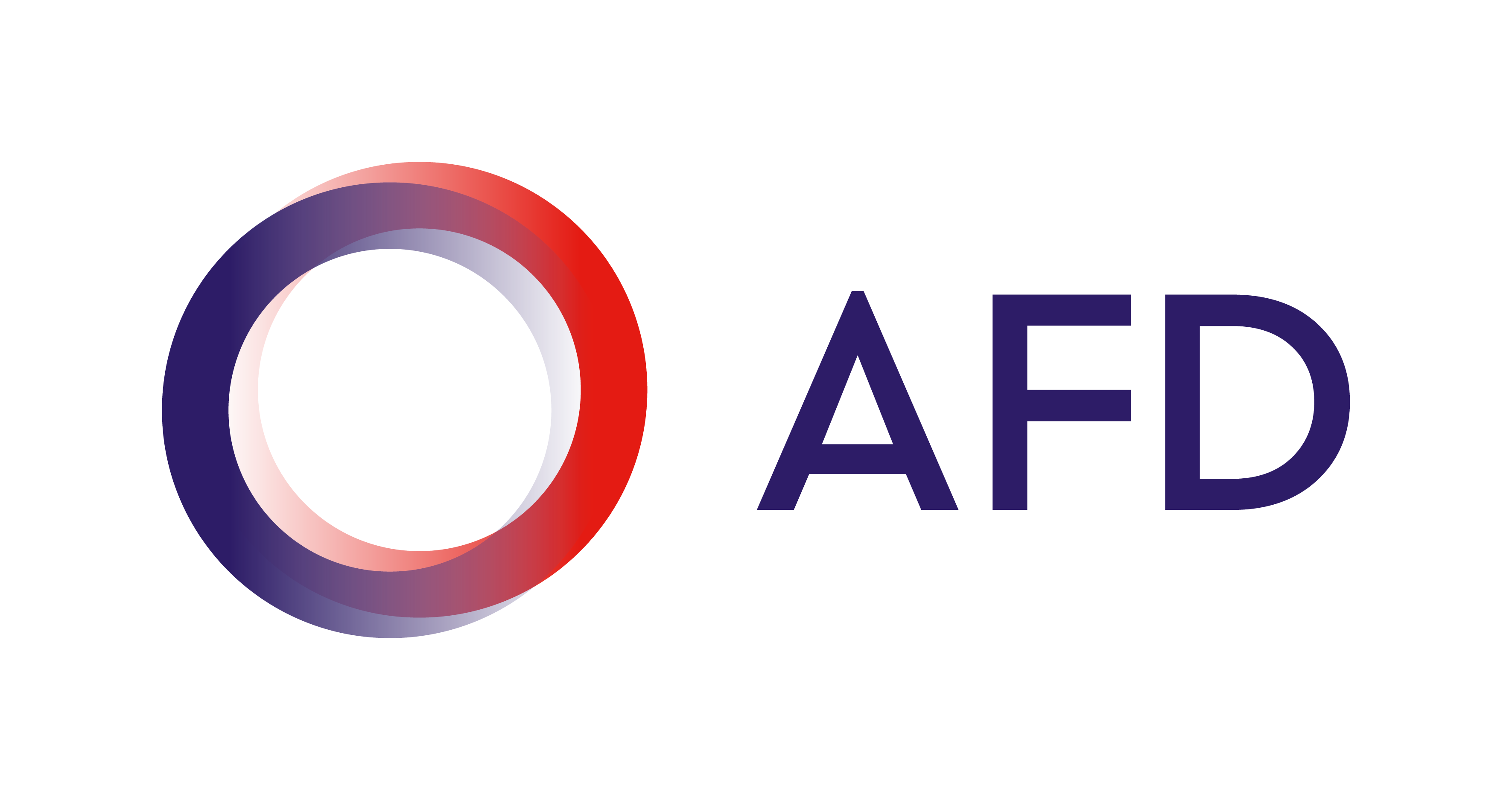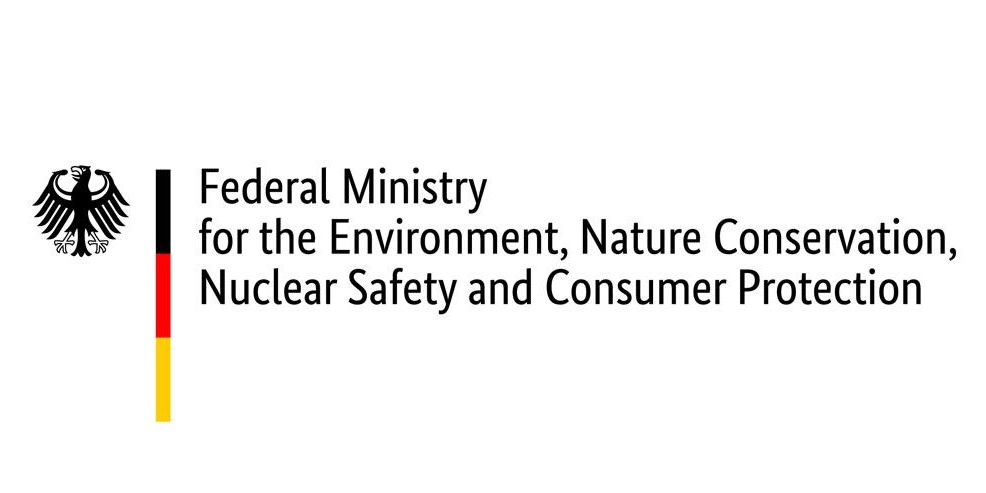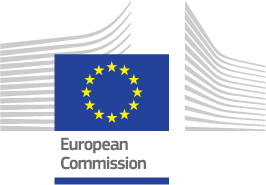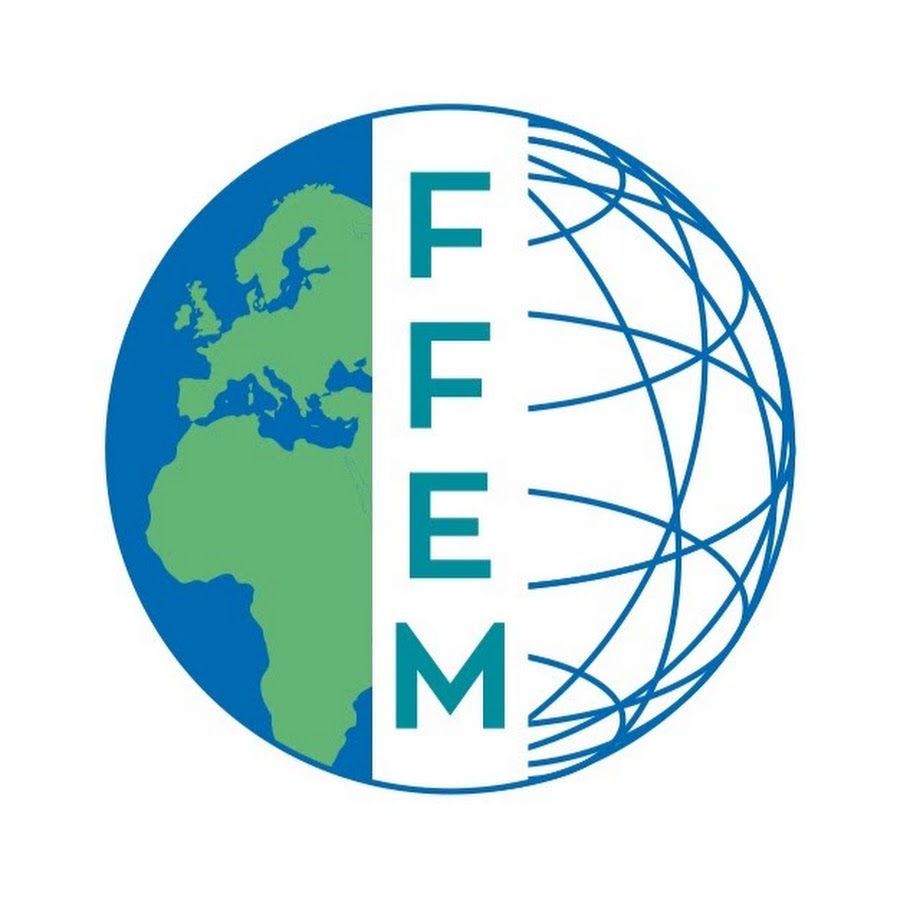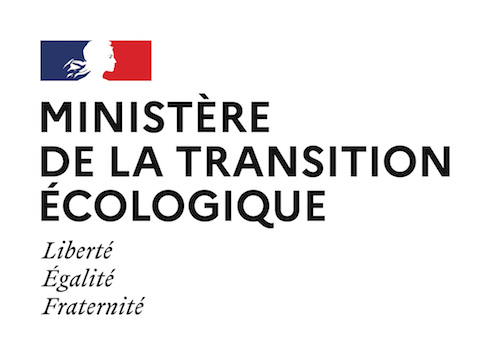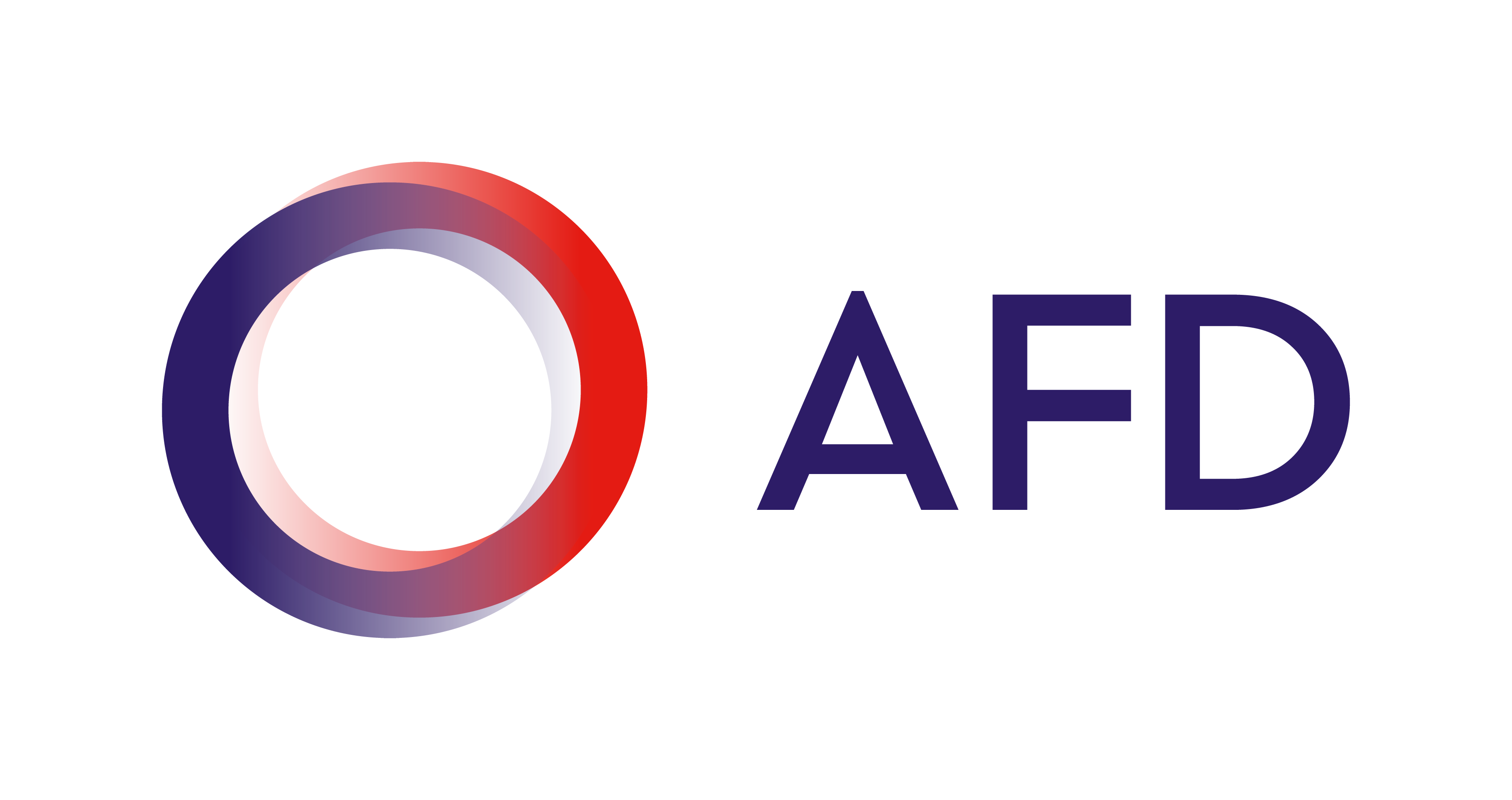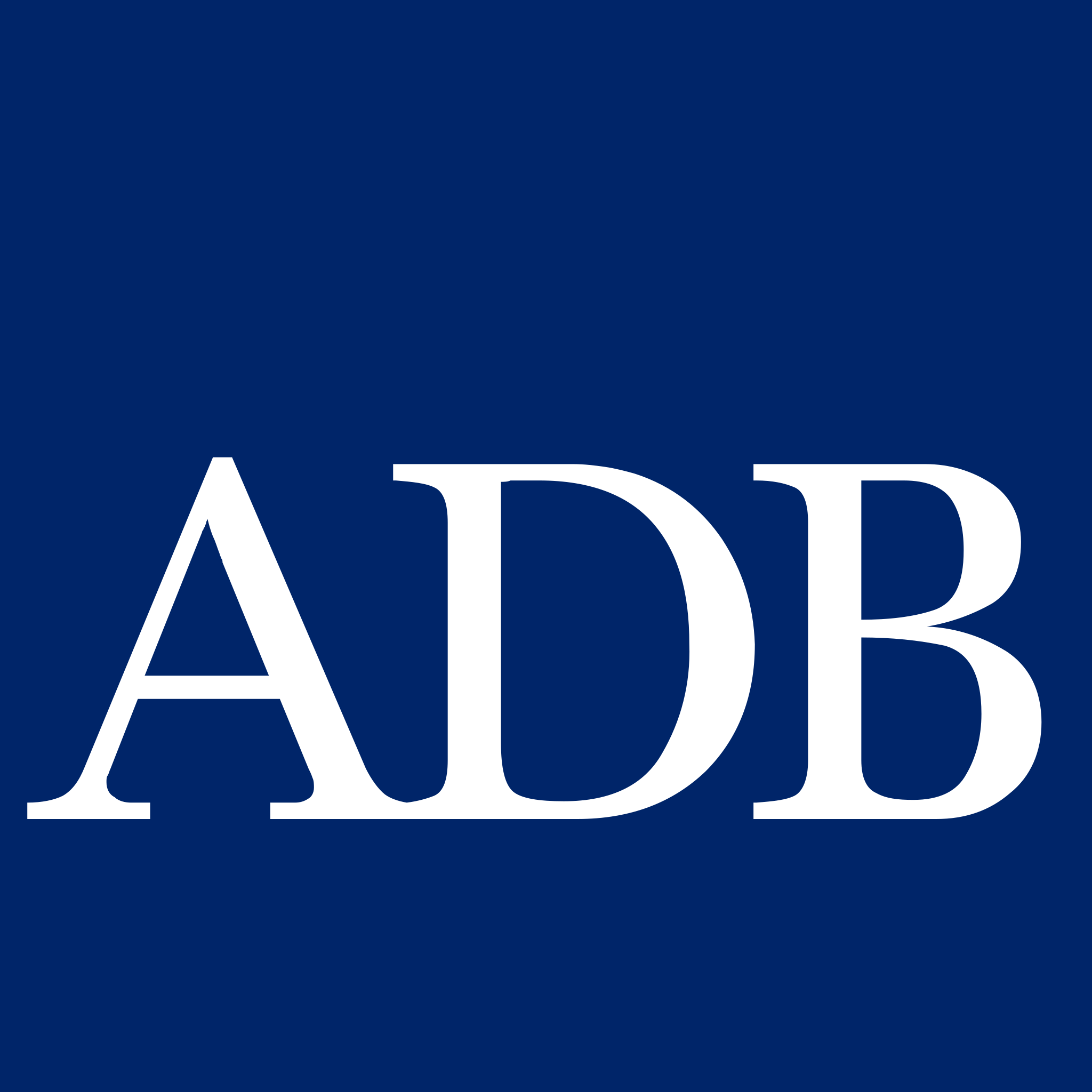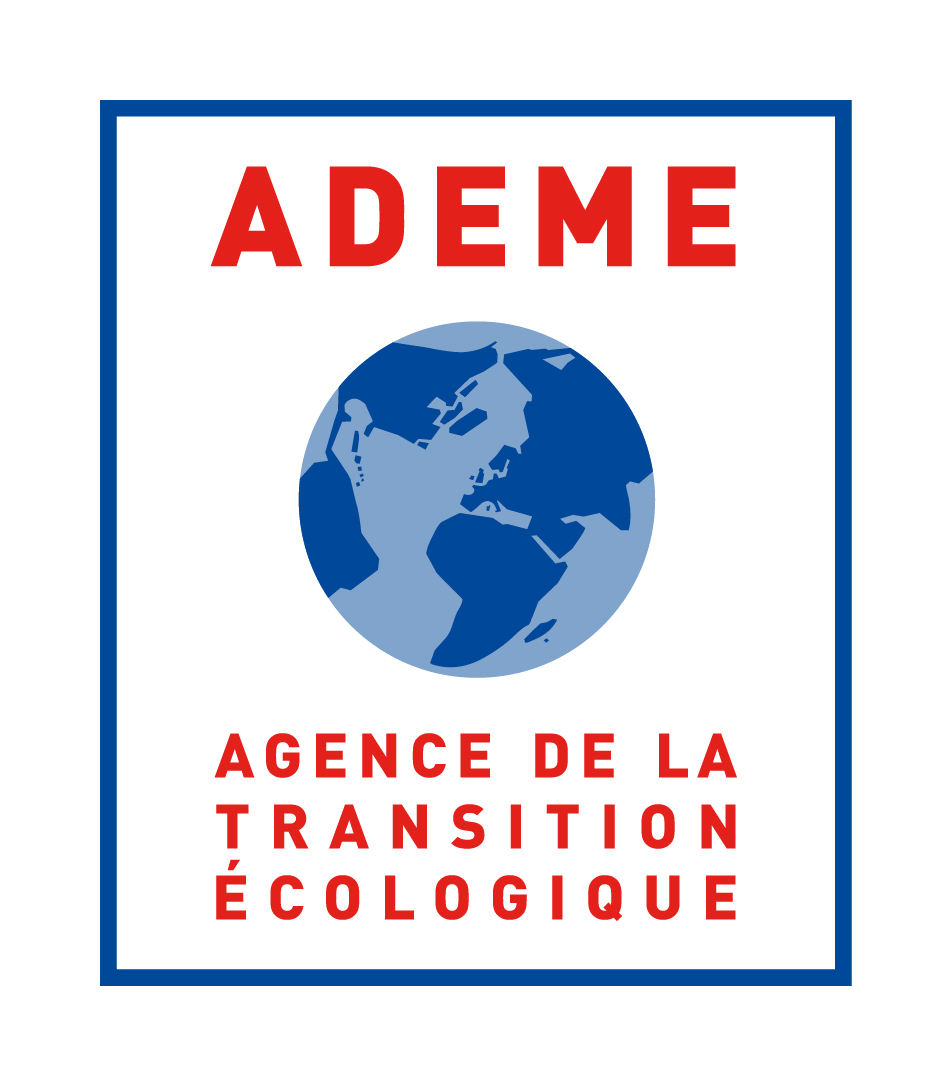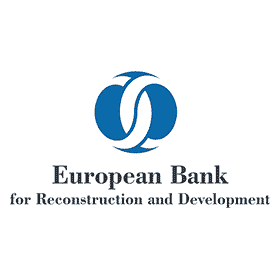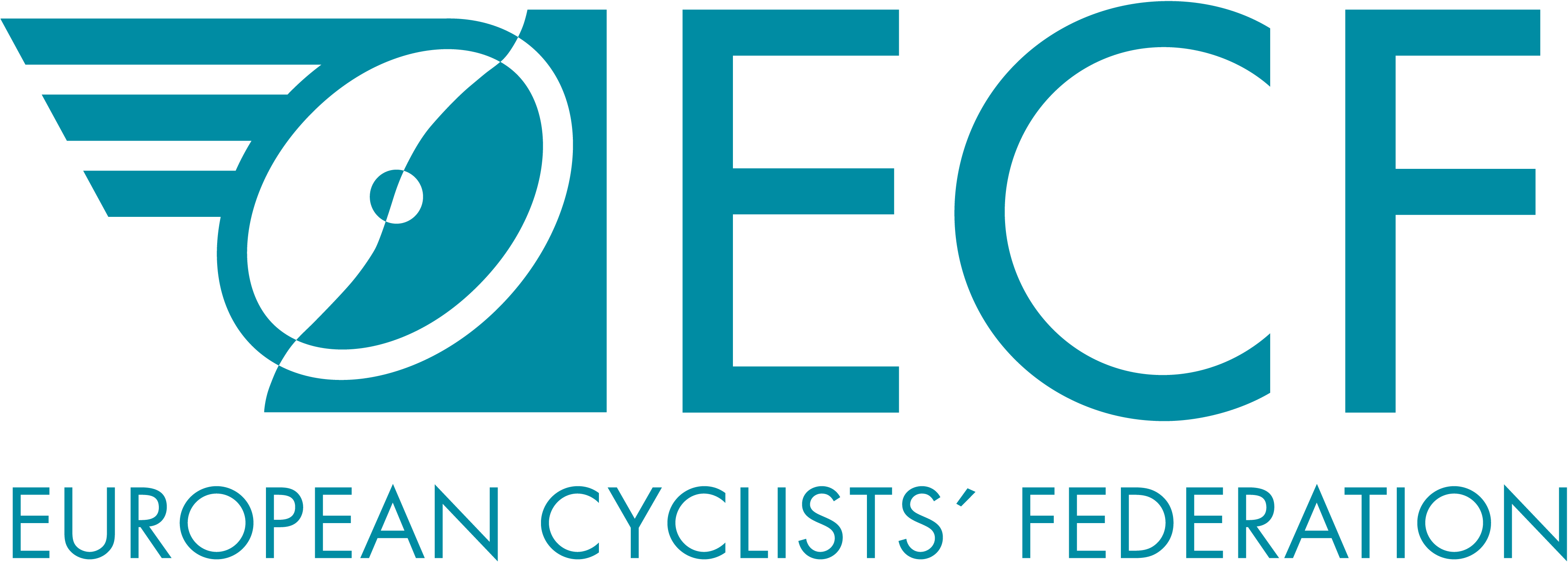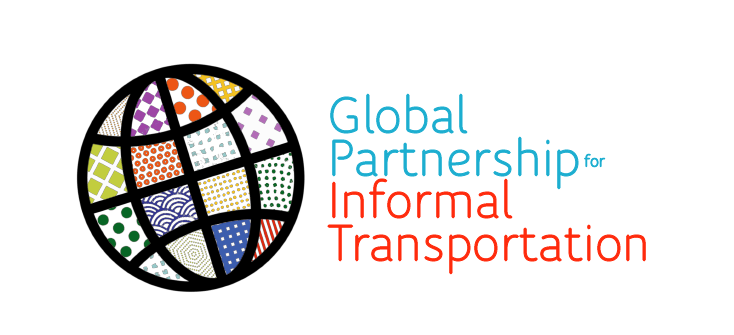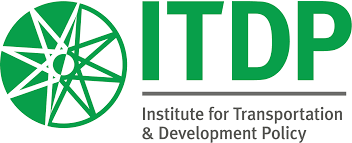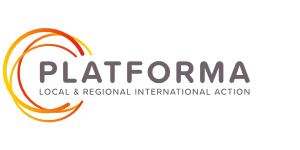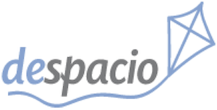Institutional Partners
The MobiliseYourCity Partnership brings together partners who are working together to support cities and countries in advancing sustainable urban mobility. The modes of participation of institutional partners can be distinguished in three different categories:
- Donors
- Implementing partners
- Knowledge & Network partners
Donors
Our funds to support cities and countries come from the European Union and the governments of France and Germany.
Implementing Partners
Implementing partners provide our city and country members with technical assistance to elaborate Sustainable Urban Mobility Plans and National Urban Mobility Policies or Investment Programmes.
The Agence Française de Développement (AFD) is the French public institution in charge of implementing France’s policy in the areas of development and international solidarity. The AFD funds, supports and accelerates the transition to a fairer and more sustainable world. The AFD has already supported the development of three completed SUMPs (in Santo Domingo (Dominican Republic), and Douala and Yaounde, Cameroon) and two NUMPs (Cameroon and Tunisia). With 23.8 million euros for implementing MobiliseYourCity related activities, AFD is currently supporting the development of SUMPs and NUMPs in 24 cities and 5 countries respectively.
The Deutsche Gesellschaft für Internationale Zusammenarbeit (GIZ) GmbH is Germany’s leading provider of international cooperation services. As a federal enterprise, it supports the German Government in achieving its objectives in the field of international cooperation for sustainable development. GIZ is supporting the development of SUMPs and NUMPs and provides staff for the Secretariat of the Partnership. With 25.3 million euros for implementing MobiliseYourCity related activities, GIZ is currently supporting the development of SUMPs and NUMPs in 8 cities and 9 countries respectively. On behalf of the German Federal Ministry of Economic Cooperation and Development, the GIZ has also 5 MobiliseYourCity Member Cities in Ukraine preparing SUMPs.
The Asian Development Bank (ADB) envisions a prosperous, inclusive, resilient, and sustainable Asia and the Pacific, while sustaining its efforts to eradicate extreme poverty in the region. ADB assists its members, and partners, by providing loans, technical assistance, grants, and equity investments to promote social and economic development.
ADEME is a French public agency aiming at supporting the ecological transition. It is active in the implementation of public policy in the areas of the environment, energy and sustainable development.
CEREMA is a French public institution supporting public policies, working under the authority of the French Ministry of the Ecological and Inclusive Transition and the Ministry of Territories’ Cohesion and Relationship with Local and Regional Authorities.
CODATU (Cooperation for urban mobility in the developing world) is an association with an international focus which works to promote sustainable urban mobility policies through training activities, scientific exchanges, technical assistance and advice to local and national authorities. Codatu provides staff to the Secretariat of the Partnership under a convention with the AFD. The CODATU members are local governments and transport authorities, training and research institutes, the private sector and individual experts.
The European Bank for Reconstruction and Development (EBRD) works across three continents to further progress towards ‘market oriented economies and the promotion of private and entrepreneurial initiative’.
KfW is a German state-owned development bank, based in Frankfurt. It promotes sustainable prospects for people, companies, the environment and society. It focuses on topics in line with the UN’s Sustainable Development Goals (SDGs).
Wuppertal Institute is a leading international think tank for sustainability research focused on impacts and practical application. The organisation’s activities are centred on developing transformation processes aimed at shaping a climate-friendly and resource-efficient world. As part of MobiliseYourCity, the Wuppertal Institute supports the city of Belo Horizonte, Brazil, in the implementation of a pilot project.
Knowledge & Network partners
Knowledge & Network partners are internationally - or regionally operating or country-focused not-for-profit organisations, institutions, think tanks, affiliated technical assistance programs or other organisations associated with the MobiliseYourCity Partnership.
ITDP is a global organization at the forefront of innovation, using technical expertise, direct advocacy, and policy guidance to mitigate the impacts of climate change, improve air quality, and support prosperous, sustainable, and equitable cities. They have worked with over 100 cities in more than 40 nations to design and implement transport and urban development systems and policy solutions that make cities more viable, fair, and liveable.
PLATFORMA is the pan-European coalition of towns and regions – and their national, EU and global associations – active in city-to-city and region-to-region development cooperation. They are a hub of expertise on European local and regional governments’ international action and aim at boosting European local and regional governments’ contribution to EU development cooperation policies and international frameworks.
UCLG, as a global network of cities and local, regional, and metropolitan governments and their associations, is committed to representing, defending, and amplifying the voices of local and regional governments to leave no-one and no place behind.
UN-Habitat works with partners to build inclusive, safe, resilient and sustainable cities and communities. UN-Habitat promotes urbanization as a positive transformative force for people and communities, reducing inequality, discrimination and poverty.
The European Cyclists’ Federation (ECF) has been the voice of European cyclists for 30 years. Representing organisations in 40 countries with over 500 000 active members, the ECF is pledged to ensure that bicycle use achieves its fullest potential so as to bring about sustainable mobility and public well-being.
The Global Partnership for Informal Transportation (GPIT) works hand-in-hand with informal urban transportation systems of the Global South to advance innovation, improve services, and change business models. By leveraging new technology and innovative policies, informal networks can confront climate change and make cities work for everyone.
Despacio is a research centre that has existed since 2008 and was legally constituted as a non-profit entity in Colombia in 2011. It aims to promote quality of life in cities and during all stages of the life cycle through applied research and with an emphasis on challenging the intuitive.
CONCITO is Denmark's green think tank. It aims to translate relevant knowledge into climate action and thereby accelerate the green transition. Through scientific and knowledge-based analyses and information, it focuses on showing how a climate-neutral and climate-resilient society can be created.
Governance
The steering committee is responsible for overall strategic orientation and governance. It runs relationships and linkages with political priorities of the Partnership’s donors and the international relevant agendas. The Steering Committee also deals with the Partnership’s implementations activities in geographically specific support-programs in terms of focus, alignment and consistency.

